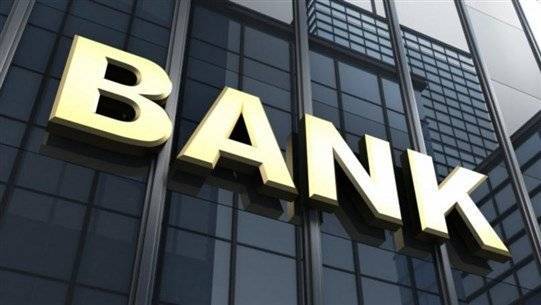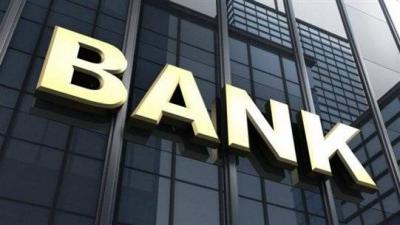Has a decision been made to close the banks in Nabatiyeh? What about the depositors' money? What financial reality awaits a city on the brink of losing its banking sector? What will happen after the closure of Mediterranean Bank, Lebanon & Egypt Bank, and Byblos Bank? These questions are beginning to reflect a reality that will hit depositors and employees hard.
It is true that Judge Ahmad Mazhar released depositor Yahya Badreddine after detaining him for a week for storming the Mediterranean Bank in Nabatiyeh, after posting a bail of 3 million Lebanese pounds. However, his actions have negatively impacted the banks, which have used this incident as a pretext to close their doors—not just for days or as a form of pressure to limit subsequent retaliatory attacks, but there is serious talk of a permanent closure. This is something that Nabatiyeh Governor Dr. Hassan Faqih has long feared and has strived to keep the city's banks open to avoid forcing employees to look for branches outside the city.
However, Faqih's fears have become a reality, with the Mediterranean Bank closing its doors for a month, and potentially extending the closure further, according to available information. Employees have been transferred to the bank's branches in Tyre and Sidon, and Byblos Bank is preparing to take a similar step that may result in the closure of its branch in the coming days, as informed sources suggest, discussing a clear plan to close all small bank branches, leaving only two or three.
This move is part of an indirect response to the attacks on banks, as sources confirm that banks seek very strict security measures, which are difficult to provide. Discussions have even taken place about the municipality police providing security by creating job opportunities for them, with banks covering their salaries, a proposition that the municipality refused due to various reasons. This refusal has strengthened the decision to close, with the justification being "to ensure our own protection," even at the cost of the remaining deposits of citizens that may vanish amidst ongoing disputes.
Thus far, three banks have decided to close, and more will follow, potentially costing citizens around 3 billion pounds monthly due to transfers to branches outside the city. However, banking sources affirmed that "this step is an inevitable reality that has been planned for a while, and the closure decision was made. Yahya's attack on the bank served as the last straw."
For three years, banks have imposed restrictions on citizens' withdrawals, particularly after the October 17 Revolution, which paved the way for this situation. People's deposits have evaporated or been affected by the currency exchange rate set by the central bank. Only major leaders and politicians withdrew their funds about three months before the revolution began, according to banking sources, which firmly assert that there is a clear plan to dismantle the banking sector and merge most banks, reducing the number from 20 to just 4 or 5.
Sources do not hide that this step could wipe out what little remains of small depositors' money, who will be taken by surprise by the banks' actions after it is too late, especially since closures are occurring under the pretext of the currently implemented precautionary measures.
It appears that the banks' plan will be the final blow to depositors, possibly provoking unexpected reactions, as sources claim that what is happening behind the scenes is very alarming. Thus, the retaliatory attacks by depositors have provided banks with an excuse to implement the previously drawn plan to evade paying the people's rights.
In conclusion, Yahya Badreddine was released on bail, while banks are discreetly closing, leaving depositors in between.




